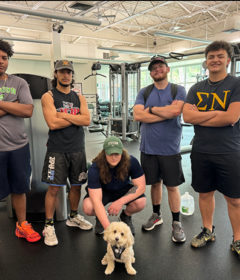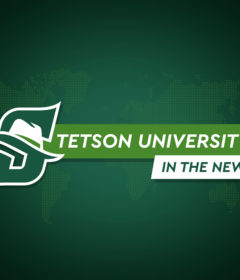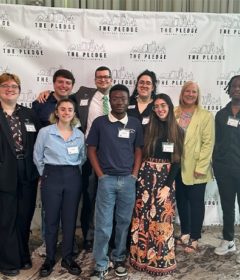Stetson’s Holocaust Memorial Lecture to on ‘The Third Reich’s Other Victims,’ April 9
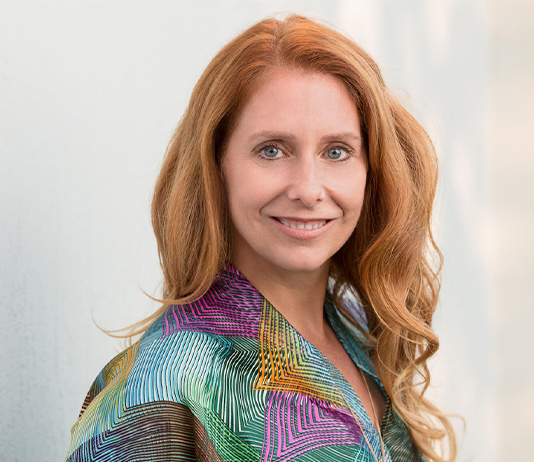
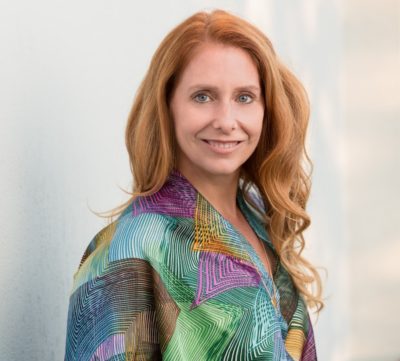
The annual Holocaust Memorial Lecture, a cornerstone event dedicated to remembering and understanding the horrors and lessons of the Holocaust, is returning to campus on April 9.
This year’s lecture, titled “The Third Reich’s Other Victims: Queer Identity and Holocaust Memory After Fascism,” will be delivered by Dr. Jennifer Evans, professor of History at Carleton University.
The event will begin at 7 p.m. in Carlton Union Building’s Warren and Barbara Carr Stetson Room. On April 10, a luncheon session — Deliberating About Things That Matter — will be held in Lee’s Garage at the CUB, 10-11:15 a.m.
In a world still grappling with the scars of the past, Evans’ lecture promises to shine a light on a less acknowledged group of Nazi regime victims — queer individuals. Despite the end of World War II and the fall of Nazi Germany, it took the country more than 45 years formally to acknowledge the persecution of sexual minorities under the fascist regime.
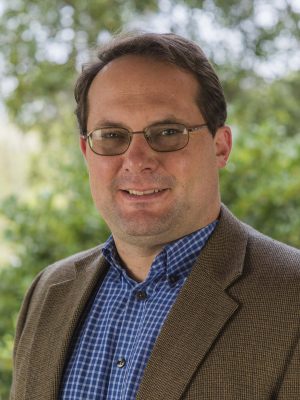
Evans will delve into the continuous struggle for recognition, the establishment of a memorial in central Berlin dedicated to queer victims and the broader implications of remembering such atrocities in today’s memorial landscape.
“Understanding the LGBTQ community’s historical and ongoing struggles in memorializing queer victims of the Holocaust is particularly important, in a contemporary American context, for fostering an awareness of human rights, historical injustices and the ongoing fight for inclusivity and remembrance,” explained Eric Kurlander, PhD, Stetson’s William R. Kenan Jr. Professor of History and director of Jewish Studies.
About the Lecturer
Evans is a history professor at Carleton University in Ottawa, Canada, with a distinguished career in exploring the intersections of sexuality, photography, social media and memory. Her recent publications, such as “The Queer Art of History: Queer Kinship After Fascism” and “Holocaust Memory in the Digital Age,” demonstrate her profound engagement with the complexities of historical memory and identity. Evans is also at the forefront of examining the digital age’s impact on historical narratives and hate speech through her leadership in a multiyear big-data project.
“I’m very much looking forward to presenting the stories of LGBTQ community activists and their allies who labored for decades for recognition of the crimes committed against them by the Nazis,” Evans said. “There are lessons here for how a country might come back from tragedies like this, through the careful work of generations determined to do right by those who suffered.”
Drawing on a vast array of scholarly research and an unwavering commitment to unearthing and understanding the nuances of queer history and memory, the lecture is both timely and essential. It offers an opportunity for reflection, education and understanding of the broader spectrums of Holocaust victims, as well as the ongoing challenges in memorializing their experiences.
The lecture, open to the public, invites students, faculty and community members to join in a vital conversation. (Virtual attendance….)
About the Lecture Series
The inception of Stetson’s Holocaust Memorial Lecture Series dates back to 2008, spearheaded by Professor Emeritus Grady Ballenger, PhD, who was dean of the College of Arts and Sciences at the time. Ballenger reached out to the U.S. Holocaust Memorial Museum in Washington, D.C., with a vision to enrich the university’s educational offerings by introducing lectures from esteemed Holocaust scholars.
Following that initiative, the Bernard Weiner Memorial Holocaust Lecture emerged at Stetson, initially supported by the charitable contributions of DeLand Dr. Sy Weiner, a DeLand resident. His endowment was a tribute to the memory and legacy of his late brother, Bernard Weiner.
Over the years, the distinguished lecture series has welcomed a roster of notable scholars, including Christopher Browning, Marion Kaplan, Jan Gross, Mark Roseman and Atina Grossman — all elevating the discourse on Holocaust studies. Transitioning to a biennial event before the passing of Sy Weiner in 2020, Stetson Hillel has since assumed the primary role in funding the series, continuing to honor the commitment to Holocaust education and remembrance.
Note: The two books authored by Dr. Jennifer Evans — “The Queer Art of History: Queer Kinship After Fascism” (Duke University Press) and “Holocaust Memory in the Digital Age (Stanford University Press)” — will be on sale at her lecture. The books can also be signed. For lecture RSVPs, email [email protected] or RSVP through this form. To RSVP for the Deliberating About Things That Matter session on April 10, email [email protected] or RSVP through this form.

